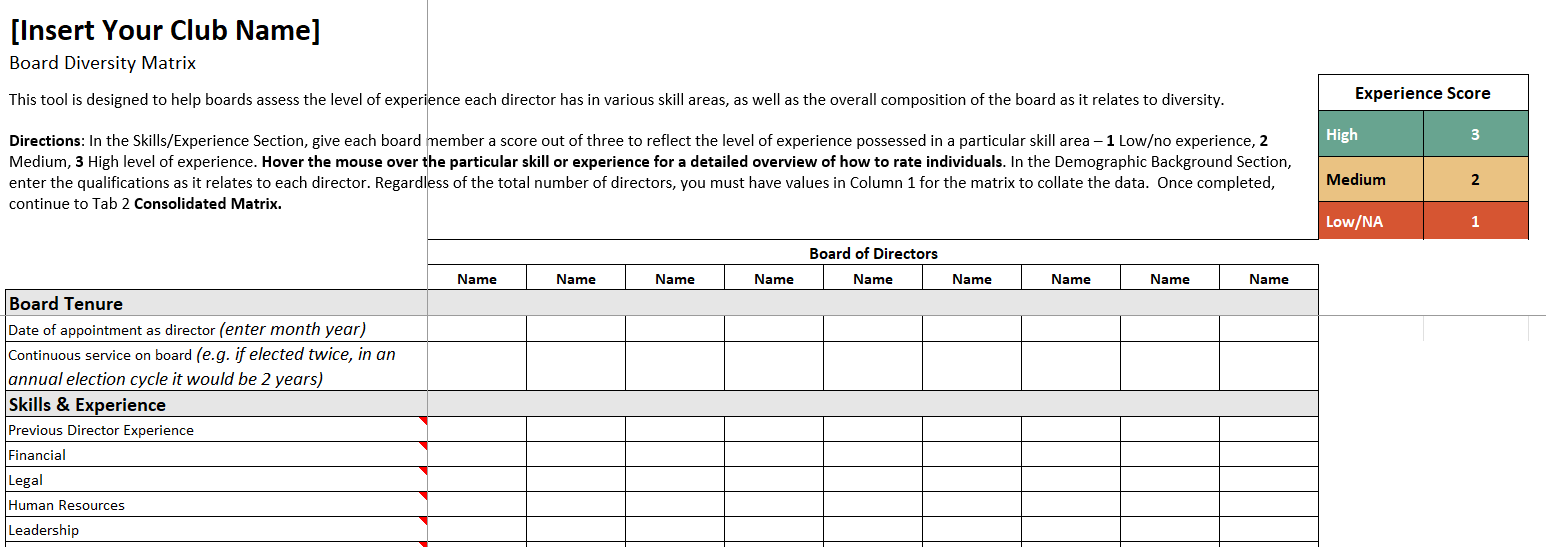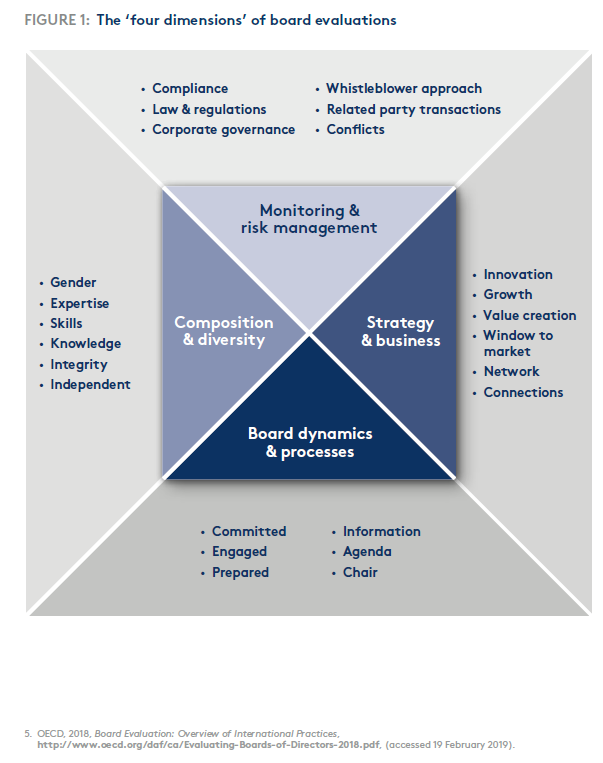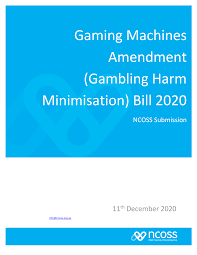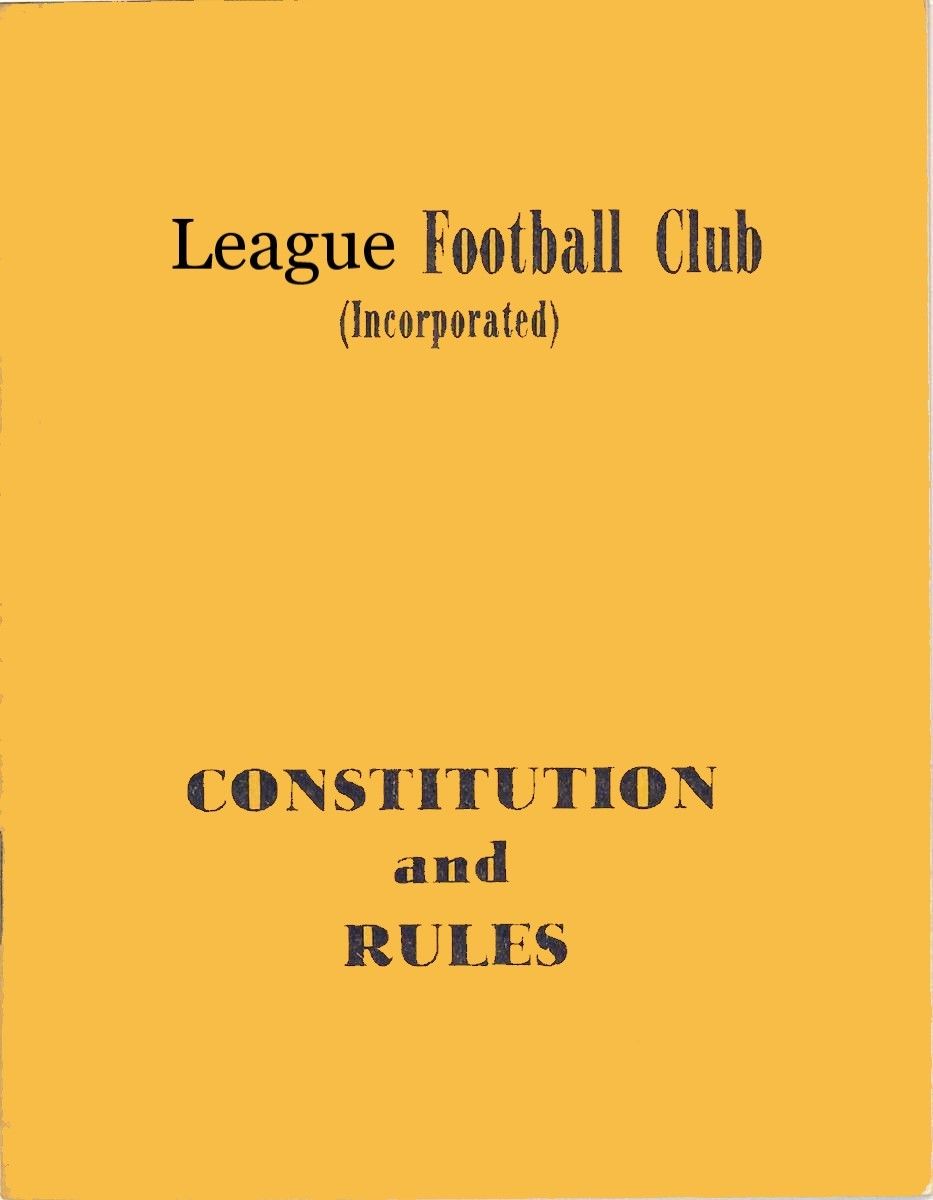Director Skills and Training
Does your board have a well balanced mix of directors and governance skills?
If not, how do you go about improving that situation?
Identify the skills available
First step is the Director Diversity Matrix – to see what skills you currently have amongst your directors and what skills may be lacking. The matrix is a self-assessment tool, rating each director’s competence level in the skills that are relevant to your board. The rating works on a simple scale of 1 – 3 as follows:
1 is the score for no or very low level skills,
2 is for medium level skills and
3 is for high or advanced level skills.
Some basic skills are the start point – Legal, Financial, Strategic, Human Resources and Marketing – whilst the more complex skills in today’s governance climate include Cyber (including Cyber Security), Environment and Social (ESG) as well as Risk and Crisis Management. The latest area of director skill requirement is now in the Artificial Intelligence (AI) arena, where both opportunities and threats exist to the management of your organisation.
The matrix can be contextualised to your specific organisation and/or industry to ensure you cover the skills required by your board to safely and proactively navigate the governance requirements of the 21st century.

The matrix collates the data individually for each director and collectively for the whole board, so professional development programs can be tailored for each director or your board as a whole. Where there are deficiencies, training is the first option and recruitment is the second option, where adding a new director to your board with the skills you seek, can fast track the board’s capabilities.
Notably, the matrix can also be useful in ensuring sufficient diversity is maintained on boards, with respect to gender, age, ethnic and cultural background as well as industry experience. The more diverse and skilled your board, the more likely the discussions at board level will be well informed and well balanced, generally leading to improved outcomes for the organisation.
Training
There are many avenues to source the appropriate training for your directors, including but not limited to the Australian Institute of Company Directors (AICD), Institute of Community Directors Australia (ICDA), various registered training organisations (RTO) with governance subjects on their scope (including TAFE) and some industry associations, like ClubsNSW for industry-specific directors training.
The club industry in NSW is unique in its Government mandated training for directors, to ensure a basic minimum level of governance skill is attained by anyone joining a club board. The focus is on directors basic skills in oversight of their club’s operations and financial literacy. The mandatory training must be completed within 12 months of joining a club board, unless prior learning (e.g. being a graduate of the AICD Company Directors Course) has already been undertaken. A Certificate IV or Diploma in Governance can also be attained through an appropriate RTO.

Training for directors, like many professions, should also be continuous to ensure they stay at the forefront of global governance standards and keep up with the everchanging requirements for sound oversight and development of their organisations. The AICD offers a Director Professional Development (DPD) program that tracks and recognises the directors that continue to learn and stay at the forefront of the latest changes or additions to governance skills.
The club industry, like a few others, also encourages club directors to attend industry seminars, meetings and conferences, giving them a prime opportunity to network with their peers, cross fertilise with ideas (especially strategic planning ideas) and effectively benchmark their performance against their peer entities.
Board Performance Review
Integral to maintaining a good level of skill, boards should undertake a Performance Review, ideally annually, to ensure they are performing at the optimal level. Performance Reviews are available from organisations like the AICD, Industry associations and industry governance consultants, who can provide impartial external review of director performance.

Like the skills matrix, assessment is usually done individually and collectively, with results shared confidentially with individual results, and communally for the collective board result. These reviews are not intended as ‘witch hunts’ – the perception is often that they are a tool to remove ‘underperforming directors’. To the contrary, they are most effective when applied as intended – to identify the areas where skills can be improved to lift the individual and collective performances of your board.
Reviews should be first conducted when a board is ‘settled’ – if a reshuffle of directors has occurred, then about 12 months down the track would be an appropriate timeframe to review the performance. Then depending on the desire of the board, annual reviews can be conducted to ensure the board is continuing to develop and govern effectively, or at a longer period if there is little or no churn of directors. When major change occurs, then again, a review is appropriate about 12 months later when all new directors have settled into their roles.
Refresher training for directors is also a great strategy, again seen often in the club industry, where existing directors attend a governance refresher session every two or three years to keep their responsibilities top of mind. This is stipulated in the constitutions of some clubs to ensure the board directors continue to perform at their peak.
For more information about the Diversity Matrix, Training options (including refresher training) and Board Performance Reviews, contact Ron Browne 0414 633 423 or ron@extrapreneurservices.com.au .










